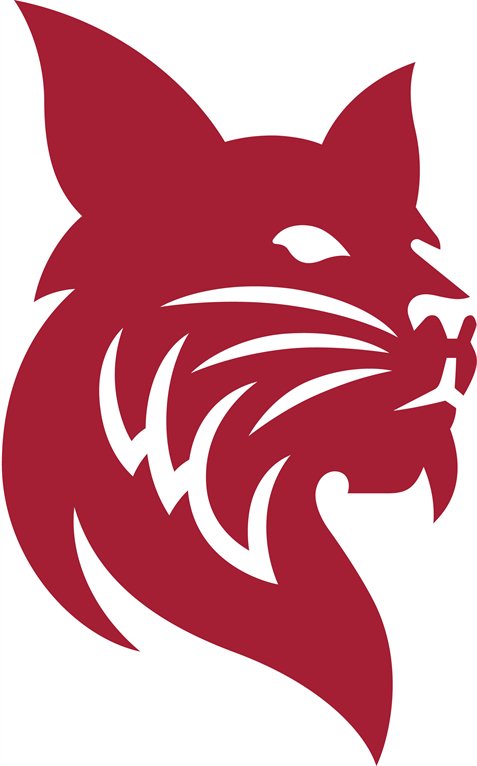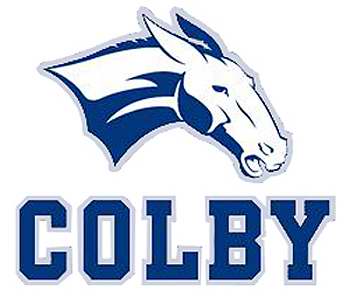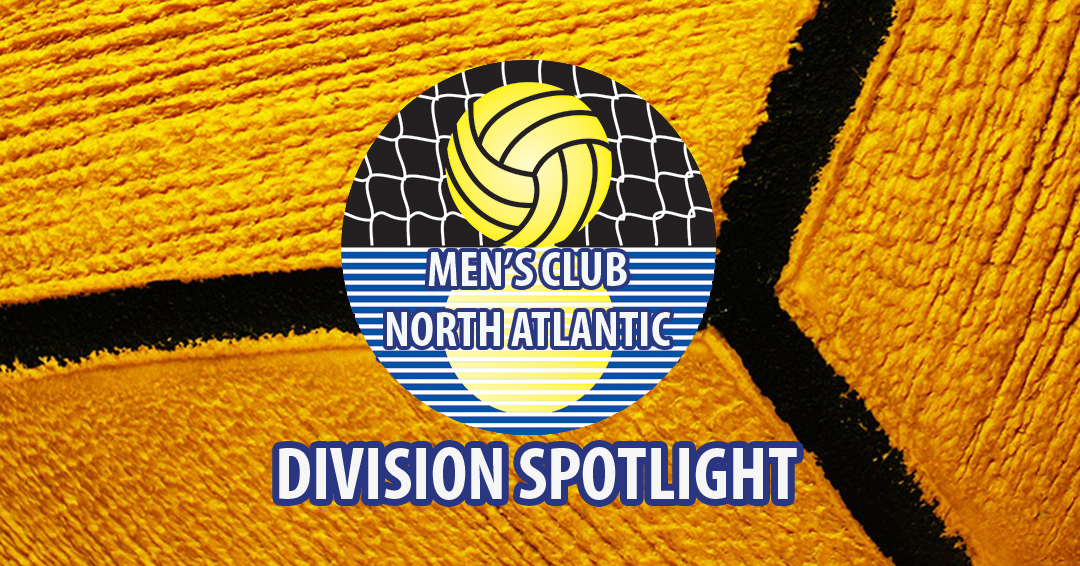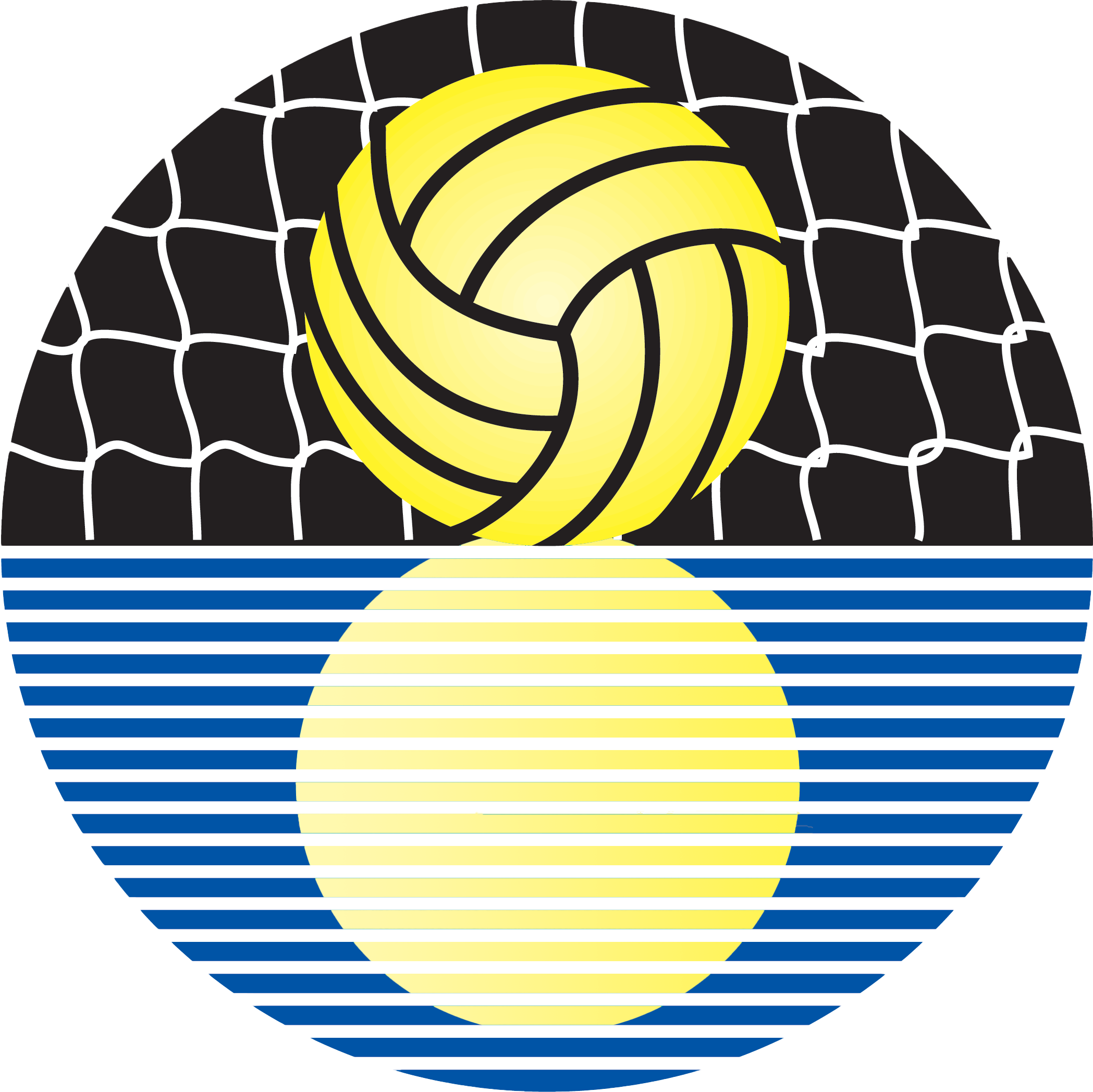BRIDGEPORT, Pa. — The smallest of the men’s collegiate club divisions during the 2019 season, the four-time North Atlantic Division of Bates College, Bowdoin College, Colby College and the University of Vermont is the focus of this week’s Men’s Collegiate Club Division Spotlight.
HISTORY: Founded in 1997, the North Atlantic Division has seen eight teams take home the group’s title – with only one of the active members among the group of prior champions.
Due to the creation of the Colonial Division prior to the 2015 season and the presence of the New England Division since 1995, the North Atlantic’s membership has fluctuated with previous champions Tufts University, Northeastern University, the United States Coast Guard Academy, Amherst College, Dartmouth College, Middlebury College and Boston College now competing in other divisions.
Seven-time champion (1999, 2000, 2001, 2002, 2017, 2018, 2019) and two-time runner-up (1998, 2016) Bates stands as the lone active North Atlantic member institution to previously capture the division crown, while Bowdoin (1999, 2000, 2001 2002, 2011), Colby (1997, 2017, 2019) and Vermont (2018) have all placed second at least once.
Seven-time champion (1997, 1998, 2007, 2009, 2010, 2013, 2016) and four-time runner-up (2003, 2008, 2014, 2015) Tufts, which captured the 2009 Men’s Division III Collegiate Club Championship while a member of the North Atlantic Division, rates as the most successful program in the division’s history with 11 title game berths. However, the Jumbos now compete in the New England Division with fellow previous North Atlantic titlists Northeastern (2015), Boston College (2006) and Dartmouth (2003; Runner-Up: 2004, 2005, 2006).
Further, a trio of Colonial Division teams claimed the North Atlantic Division prior to moving to new homes as 2018 champion and two-time runner-up (2009, 2012) Coast Guard along with two-time winner (2004, 2005) Middlebury and three-time titlist (2011, 2012, 2014) and runner-up (2007, 2010, 2013) Amherst have also taken home the big plaque.
A North Atlantic team has never appeared in the National Collegiate Club Championship title game due to the primarily Division III nature of the division which currently qualifies a team for the Division III Collegiate Club Championship. Vermont, which is not a Division III program like Bates, Bowdoin and Colby, can not qualify for either the National Collegiate Club or Division III Championship due to not competing in a NCCC qualifying division or being a Division III school.
At the Division III Championship, a North Atlantic Division team has won the crown as Tufts achieved the feat in 2009 while a member of the group. More recently, Bowdoin placed second to Washington University in St. Louis at the 2011 event.
North Atlantic Division Champion/Runner-Up
- 1997 – Tufts University / Colby College
- 1998 – Tufts University / Bates College
- 1999 – Bates College / Bowdoin College
- 2000 – Bates College / Bowdoin College
- 2001 – Bates College / Bowdoin College
- 2002 – Bates College / Bowdoin College
- 2003 – Dartmouth College / Tufts University
- 2004 – Middlebury College / Dartmouth College
- 2005 – Middlebury College / Dartmouth College
- 2006 – Boston College / Dartmouth College
- 2007 – Tufts University / Amherst College
- 2008 – U.S. Coast Guard Academy / Tufts University
- 2009 – Tufts University / U.S. Coast Guard Academy
- 2010 – Tufts University / Amherst College
- 2011 – Amherst College / Bowdoin College
- 2012 – Amherst College / U.S. Coast Guard Academy
- 2013 – Tufts University / Amherst College
- 2014 – Amherst College / Tufts University
- 2015 – Northeastern University / Tufts University
- 2016 – Tufts University / Bates College
- 2017 – Bates College / Colby College
- 2018 – Bates College / University of Vermont
- 2019 – Bates College / Colby College
Division III National Collegiate Club Champion/Runner-Up
- 2011 – Washington University in St. Louis / Bowdoin College
THE TEAMS: One of two divisions to exclusively qualify a team for the Division III National Collegiate Club Championship – joining the Heartland Division – the North Atlantic Division is comprised of three Division III programs (Bates, Bowdoin, Colby) along with Division I institution Vermont.
 Bates College
Bates College
A seven-time North Atlantic Division Champion and two-time runner-up (1998, 2016), Bates College is the lone active member of the division to previously claim the group’s championship title.
Bates, which has appeared in the four most recent North Atlantic Division title games, is a private liberal arts college in Lewiston, Maine. It is equidistant from the state capital, Augusta, to the north, and the cultural hub, Portland, to the south. Anchored by the Historic Quad, the campus of Bates totals 813 acres with a small urban campus which includes 33 Victorian Houses. It maintains 600 acres of nature preserve known as the “Bates-Morse Mountain” near Campbell Island and a coastal center on Atkins Bay.
Due to the school’s relatively small student enrollment of 1,800 students, Bates retains selective admission rates and little to no transfer percentages.
The college was founded on March 16, 1855, by abolitionist statesman Oren Burbank Cheney and textile tycoon Benjamin Bates. Established as the Maine State Seminary, the college became the first coeducational college in New England and went on to confer the first female undergraduate degree in the area. Bates is the third-oldest college in Maine, behind only fellow North Atlantic Division members Bowdoin College and Colby College.
Bates provides undergraduate instruction in the humanities, social sciences, natural sciences, and engineering and offers joint undergraduate programs with Columbia University, Dartmouth College, and Washington University in St. Louis. A baccalaureate college, the undergraduate program requires all students to complete a thesis before graduation, and has a privately funded research enterprise. Its most endowed departments of politics, economics, and environmental science are particularly noted within U.S. higher education. Approximately 200 of the college’s 1,800 students study abroad each semester.
The academic year is broken up into three terms, primary, secondary, and short term, also known as the 4–4–1 academic calendar. This includes two semesters, plus a Short Term consisting of five weeks in the Spring, in which only one class is taken and in-depth coursework is commonplace. Two Short Terms are required for graduation, with a maximum of three.
Students at Bates take a first-year seminar, which provides a template for the rest of the four years at Bates. The student selects a specific topic offered by the college, and works together in a small class with a scholar-in-field professor of that topic, to study and critically analyze the subject. All first-year seminars place importance on writing ability, and composition in order to facilitate the process of complex and fluid ideas being put down on paper. Seminars range from constitutional analysis to mathematical theorizing. After three complete years at Bates, each student participates in a senior thesis or capstone that demonstrates expertise and overall knowledge of the Major, Minor or General Education Concentrations (GECs). The Senior Thesis is an intensive program that begins with the skills taught in the first-year program and concludes with a compiled thesis that stresses research and innovation.
For the class of 2023, Bates admitted 12.1% of all applicants, the lowest-ever for the college. During the 2018-19 admission rounds, Bates accepted seven transfer students from 205 applicants, yielding a 3.4% acceptance rate.
For more information on the Bates men’s collegiate club team, contact either Jem Bullock (jbullock@bates.edu) or Zander Rolph (arolph@bates.edu).
Bowdoin College
A five-time runner-up in the North Atlantic Division (1999, 2000, 2001, 2002, 2011) and the 2011 Men’s Division III Collegiate Club Championship second place squad, the men’s club team at Bowdoin College was founded in the 1970’s and has grown into a competitive program in the Collegiate Water Polo Association (CWPA).
A private liberal arts college in Brunswick, Maine, Bowdoin was chartered in 1794, while Maine was still a part of the Commonwealth of Massachusetts. At the time of its founding, it was the easternmost college in the United States, as it was located in Maine.
Bowdoin began to develop in the 1820s, a decade in which Maine became an independent state as a result of the Missouri Compromise and graduated U.S. President Franklin Pierce. The college also graduated two literary philosophers, the writers Nathaniel Hawthorne and Henry Wadsworth Longfellow, both of whom graduated Phi Beta Kappa in 1825.
Harriet Beecher Stowe started writing her influential anti-slavery novel, Uncle Tom’s Cabin, in Brunswick while her husband was teaching at the college, and Brigadier General Joshua Chamberlain, a Bowdoin alumnus, professor, and Congressional Medal of Honor recipient, who later served as governor of Maine, adjutant-general of Maine and president of Bowdoin, is known as the hero of the Battle of Gettysburg as he was in command of the 20th Maine in defense of Little Round Top.
The main Bowdoin campus is located near Casco Bay and the Androscoggin River. In addition to its Brunswick campus, Bowdoin also owns a 118-acre coastal studies center on Orr’s Island and a 200-acre scientific field station on Kent Island in the Bay of Fundy.
The college offers 34 majors and 36 minors, as well as several joint engineering programs with Columbia University, the California Institute of Technology, Dartmouth College and The University of Maine.
The acceptance rate for the Class of 2022 was 10.3 percent, the lowest ever and a decrease of over three percentage points from the previous year’s rate of 13.6 percent. The applicant pool consisted of 9,081 candidates, up from 7,251 for the Class of 2021, representing a 25 percent increase.
Bowdoin’s dining services was ranked #1 among all universities and colleges nationally by Princeton Review in 2004, 2006, 2007, 2011, 2013, 2014, and 2016, with The New York Times reporting: “If it weren’t for the trays, and for the fact that most diners are under 25, you’d think it was a restaurant.” Bowdoin uses food from its organic garden in its two major dining halls, and every academic year begins with a lobster bake outside Farley Fieldhouse.
Other interesting facts about the school relate to its mascot and school colors. The school’s mascot of the polar bear was selected in 1913 to honor Robert Peary, a Bowdoin alumnus who led the first successful expedition to the North Pole. Further, the school’s colors are white and black – like the polar bear which has white fur over a black skin for heat.
For more information on the Bowdoin men’s collegiate club team, contact either Teddy Wecker (twecker@bowdoin.edu) or Jacob Dexter-Meldrum (jldexter@bowdoin.edu).
- Website (https://athletics.bowdoin.edu/sports/mwaterpolo/index)
 Colby College
Colby College
A three-time runner-up in the North Atlantic Division (1997, 2017, 2019), the Mules of Colby College have a long-running rivalry with Maine institutions Bates College and Bowdoin College.
A private liberal arts college in Waterville, Maine, the school enrolls approximately 1,800 students from more than 60 countries. The college offers 54 major fields of study and 30 minors.
Founded in 1813 as the Maine Literary and Theological Institution, it was renamed Waterville College for the town in which the school is located. Donations of philanthropist Gardner Colby saw the institution renamed again to Colby University before concluding on its final and current title reflecting its liberal arts college curriculum.
Students choose from courses in 54 major fields and have flexibility in designing independent study programs, electing special majors, and participating in internships and study-abroad programs. Colby emphasizes project-based learning. Colby’s most popular majors are Government, Economics, and Biology. Volunteer programs and service learning take many students into the surrounding community. Colby employs 216 instructional faculty members, approximately 90% whom hold a doctorate or other terminal degree.
The academic year follows a 4–1–4 with two four-course semesters plus a Winter Term session in January. The Winter Term, often called “Jan-plan”, allows students to enroll in one intensive course, pursue independent research, or complete an off-campus internship.
More than two-thirds of Colby’s students spend time studying off-campus before they graduate. The college recognizes credits earned at over 200 off-campus programs in more than 60 countries. Additionally, studies at four programs locations are recognized for inclusion in students calculated grade-point averages: The International Center for French Studies at the University of Burgundy in Dijon, France; the St. Petersburg Classical Gymnasium in Saint Petersburg, Russia; The University of Salamanca in Salamanca, Spain; and the Bigelow Laboratory for Ocean Sciences in Boothbay Harbor, Maine.
Colby also participates in engineering dual-degree programs with the Columbia School of Engineering and Applied Science at Columbia University and the Thayer School of Engineering at Dartmouth College. The programs vary in length and requirements. The Dartmouth College program, which is on a 2-1-1-1 schedule, is the more popular one.
For the class of 2022, Colby College admitted 13% of applicants, accepting 1,602 out of 12,313 applicants.
Men’s water polo athletes will have a new home in the Fall of 2020 as the Harold Alfond Athletic Center is being replaced by a new, state of the art athletic center. One athlete will look forward to the new facility is center Pete Weiser ’21 who studied abroabroad in Scotland this past semester and began playing water polo with a local club there. However, the outbreak of COVID-19 forced his all to early return to the United States.
“Our team has a great atmosphere and it’s an awesome environment to spend time with friends while staying competitive,” notes Silas Gramaglia ’23, while Ryan Troy ’23 notes of the experience of competing for Colby, “It’s a ton of fun and I love that we have players from all levels of experience”
Thanks to an influx of talent in the Class of 2023, Colby has acquired some lofty goals for the upcoming 2020 season with hopes of winning the division and making the Men’s Division III Collegiate Club Championship field.
Courtesy its current roster and the leadership of Ryan Bedell ’21, Lily Wilson ’20 and Weiser ’21, the team has advanced far over the past two-to-three seasons to earn North Atlantic Division Championship runner-up finishes in both 2017 and 2019.
Rising sophomores Benjamin Rapperport, Shaun Kronenwetter, and Gramaglia are expected to have positive impacts on the Mules in 2020 as Colby looks to acquire the program’s first division crown.
For more information on the Colby men’s collegiate club team, contact either Ryan Bedell (mbede21@colby.edu), Lily Wilson (aewils20@colby.edu), Issac Merlot (iwmarl23@colby.edu) or coach Tom Burton (tkburton@colby.edu).
University of Vermont
The lone non-Division III institution in the North Atlantic Division, The University of Vermont – officially known as The University of Vermont and State Agricultural College – is a public research university in Burlington, Vermont. It was founded in 1791 and is among the oldest universities in the United States.
The fifth institution of higher education established in the New England region, Vermont is comprised of seven undergraduate schools, an honors college, a graduate college, and a college of medicine. The Honors College does not offer its own degrees; students in the Honors College concurrently enroll in one of the university’s seven undergraduate colleges or schools. Bachelors, masters, and doctoral programs are offered through the College of Agriculture and Life Sciences, the College of Arts and Sciences, the College of Education and Social Services, the College of Engineering and Mathematical Sciences, the College of Medicine, the College of Nursing and Health Sciences, the Graduate College, the Grossman School of Business, and the Rubenstein School of Environment and Natural Resources.
The school’s mascot of the Catamounts is unique as the mascot is a “medium-sized or large wild cat, especially a cougar.” In 1928, the student-body selected the Catamount as a mascot over other fearsome creatures of a tomcat, camel or cow.
For more information on the Vermont men’s collegiate club team, contact Edward “Erich” Seeger (eseeger@mail.smcvt.edu).
- Twitter (@UVMWaterPolo)
NEED MORE INFORMATION?: The Collegiate Water Polo Association publishes additional information for the collegiate club teams under the Membership tab at the top of the page. CLICK HERE to review the men’s collegiate club programs’ contact information.




